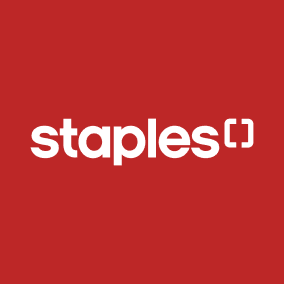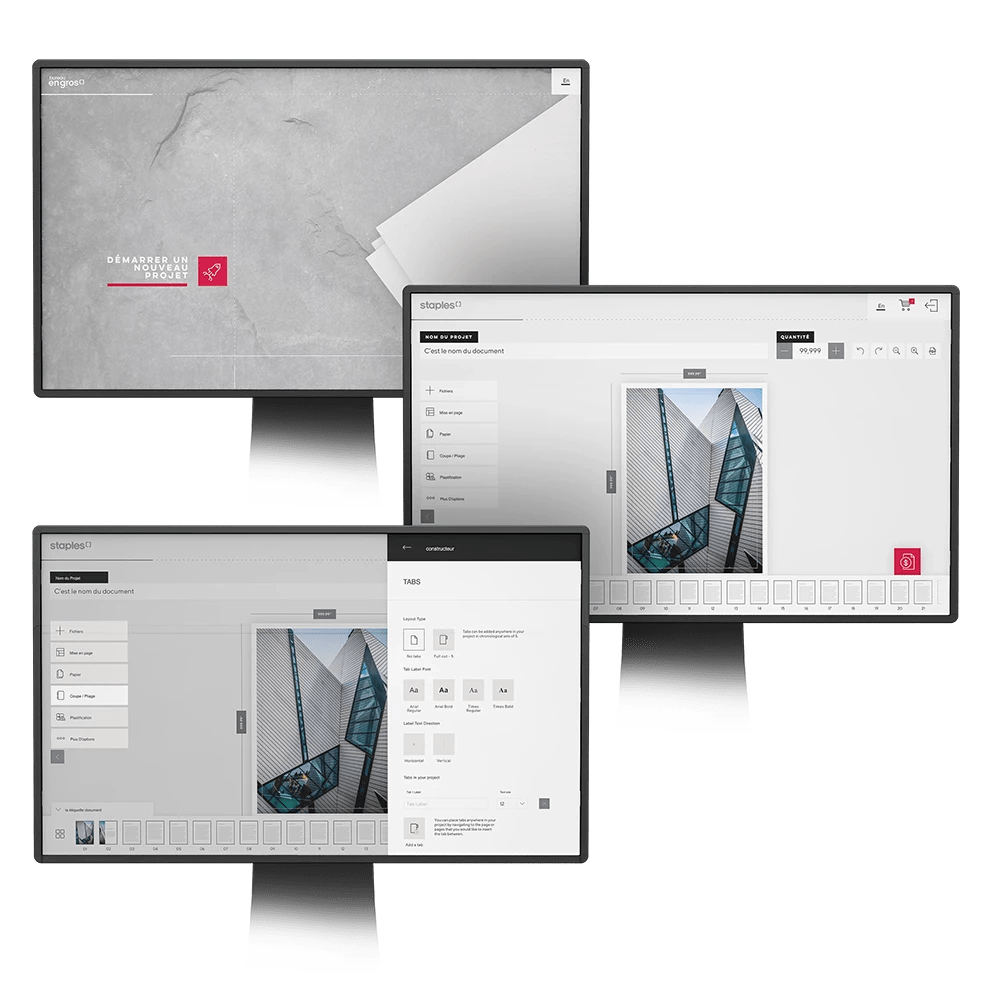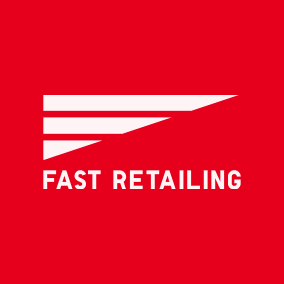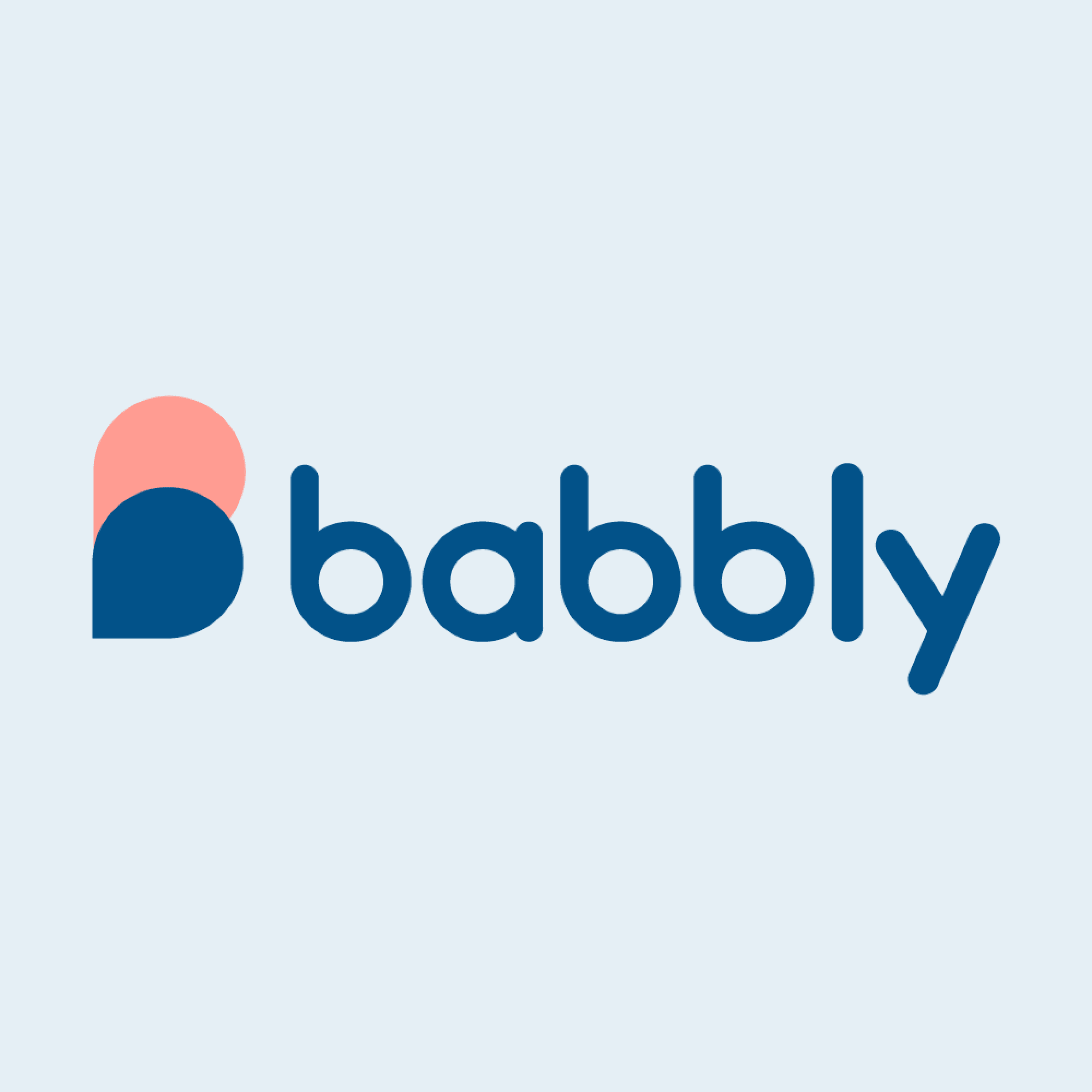
Don’t just stand up!
Despite Agile's long history, many companies still adhere to infrequent release cycles. The prevalence of "fake Agile" lets them believe they're adopting Agile without meaningful process improvements. Notably, SAFe and slow-releasing scrum teams epitomize this trend, missing out on Agile's full benefits.
How we can help
The Scaled Agile model tries to extend the benefits of agility beyond the digital/tech groups to core operations and functions. Unfortunately, all they get are stand-ups instead of agile collaboration, because they never build the product and platform capabilities that they need. If your transformation has stalled or failed to deliver the expected results, our team can help you get back on track by establishing cross-functional teams, and setting up governance processes to ensure transparency, accountability, and continuous improvement.



Build product and platform capabilities
Move from project funding to persistent funding
Set up Transformation Office
One of the key challenges with Scaled Agile transformations is that they often fail to build up the necessary product and platform capabilities. Our team can help you address this challenge by working with you to develop the skills and expertise needed to create and manage successful product and platform teams. We'll help you establish cross-functional teams that are focused on delivering value to your customers and driving business results, and provide training and coaching to ensure that your teams have the necessary skills to succeed.
Reliance on project-based funding can lead to a lack of continuity and focus on short-term goals. Our team can help you move to persistent funding, providing dedicated resources for product and platform teams. This approach enables teams to focus on delivering continuous value to customers, aligning with business goals and customer needs. We'll work with you to establish a funding model that supports your teams and drives long-term value creation.
It's essential to establish a Transformation Office that can provide guidance, support, and oversight. Our team can help you set up a Transformation Office that is responsible for driving the transformation forward, tracking progress, and identifying areas for improvement. We'll work with you to establish clear roles and responsibilities, set up governance processes, and provide training and coaching to ensure that your Transformation Office is effective and efficient.

Build product and platform capabilities
One of the key challenges with Scaled Agile transformations is that they often fail to build up the necessary product and platform capabilities. Our team can help you address this challenge by working with you to develop the skills and expertise needed to create and manage successful product and platform teams. We'll help you establish cross-functional teams that are focused on delivering value to your customers and driving business results, and provide training and coaching to ensure that your teams have the necessary skills to succeed.

Move from project funding to persistent funding
Reliance on project-based funding can lead to a lack of continuity and focus on short-term goals. Our team can help you move to persistent funding, providing dedicated resources for product and platform teams. This approach enables teams to focus on delivering continuous value to customers, aligning with business goals and customer needs. We'll work with you to establish a funding model that supports your teams and drives long-term value creation.

Set up Transformation Office
It's essential to establish a Transformation Office that can provide guidance, support, and oversight. Our team can help you set up a Transformation Office that is responsible for driving the transformation forward, tracking progress, and identifying areas for improvement. We'll work with you to establish clear roles and responsibilities, set up governance processes, and provide training and coaching to ensure that your Transformation Office is effective and efficient.
Companies we've helped
Digital Transformation


TechCo
How we helped a leading office supply retailer build their digital roadmap in 8 weeks
In a digital-first era, TechCo had to transform itself from a big-box traditional retailer into a modern organization in order to meet emerging customer needs.
Design System & Service Design


Staples
6x faster load times on Staples solution builder app
Staples wanted to rebrand and re-focus with updated in-store kiosk systems to provide better experiences for both customers and employees.
Design Systems


Fast Retailing (UNIQLO)
Transforming one of the world's largest retail companies into a digital-first organization
To become the #1 retail apparel group in the world, they needed to design consistency, efficiency, and governance to internal and external teams across all markets.
Featured Posts

Digital transformation may be the buzzword du jour, but it’s more than just hype. Done well, it has the power to reduce your operating costs, improve time-to-market and open new product lines and revenue streams for your business.

In this blog post, I look to introduce a Digital-First Operating Model framework for Chief Information Officers (CIOs) and other executives leading organizational change. If you haven't already done so, make sure to listen to the podcast (or watch the video) associated with this post below and join the conversation on Twitter by using #AskRangle.

Many organizations have been pressured to start or accelerate their digital transformation in the wake of the pandemic. However, in spite of the leaps in innovation we’ve seen over the past few years, many organizations are now confronted with the operational consequences of making massive pivots or scaling faster than they can effectively manage. Symptoms of this range from the misallocation and prioritization of resources, slower speed to market, low team engagement and morale, and a fundamental disconnect between the organization and their customers.

Working with Rangle helped us avoid a lot of the early mistakes we could have made and put us on a fast track towards launching our product.”
Maryam Nabavi, CEO and Founder of Babbly








